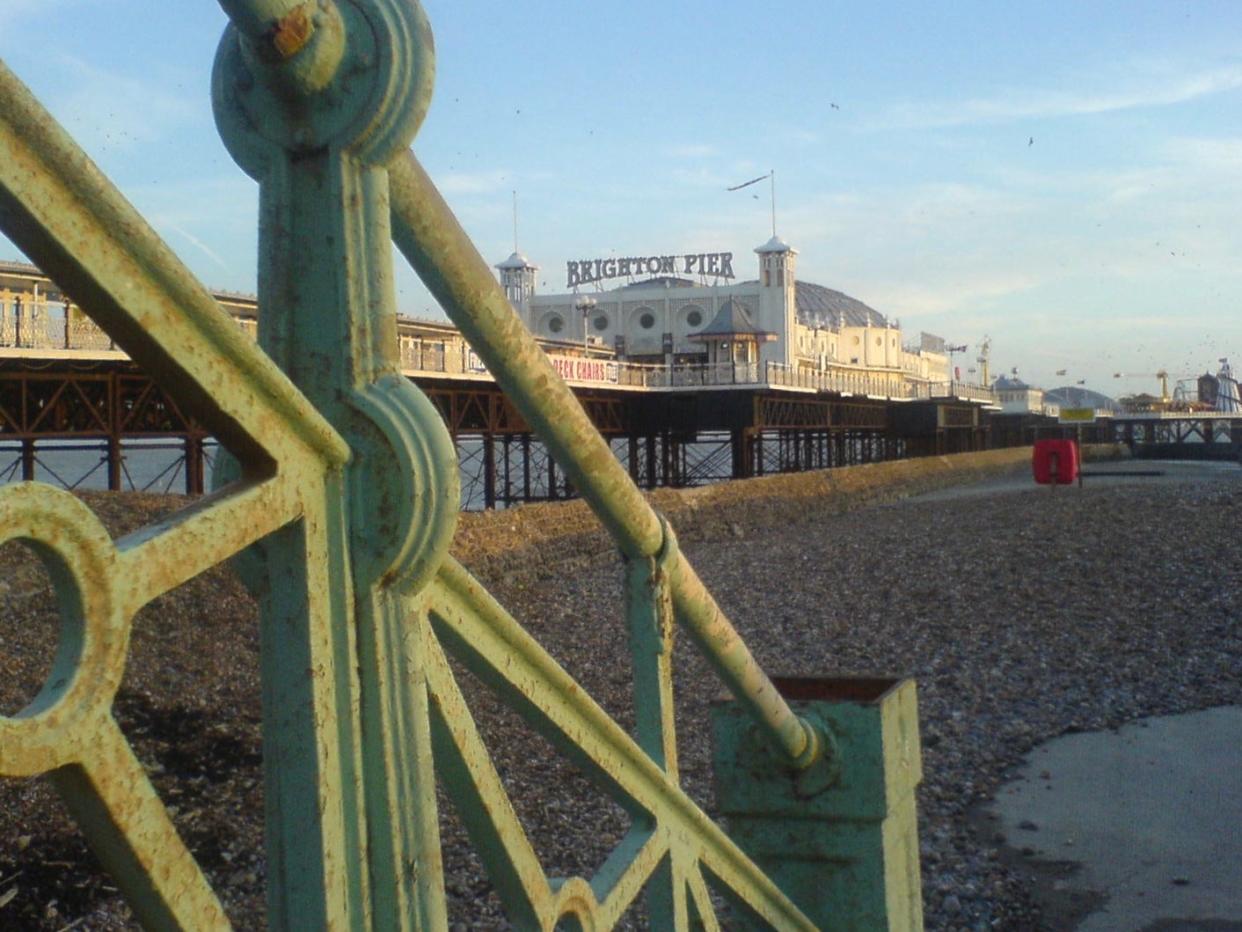When can I go on holiday in the UK?

Leisure travel within (and beyond) the UK has been illegal since the third lockdown began in early January.
After the prime minister set out some of the steps out of lockdown for England, there is still confusion and concern about when holidays in the four nations might be permitted.
This is what we know so far.
What are the current rules?
The government says to residents of England: “You must not leave your home unless you have a reasonable excuse (for example, for work or education purposes).
“If you need to travel you should stay local. This means you should avoid travelling outside of your village, town or the part of a city where you live. You should reduce the number of journeys you make overall.”
Follow Covid news live: Latest lockdown updates
Similar rules are in place for Northern Ireland, Scotland and Wales.
Scotland makes an exception for allowing local travel within Orkney, Shetland and many of the Western Isles. But apart from that, the only flexibility is that “exercise can start and finish” up to five miles from the boundary of your local authority area.
Northern Ireland specifies: “You should not travel more than 10 miles from your home in order to take exercise.”
The government in Cardiff says: “Travel in Wales without a reasonable excuse is an offence.”
Across the UK, overnight hotel stays are prohibited except for essential purposes. Many properties will insist on proof of exemption.
Read more: When is Boris Johnson’s lockdown speech today, and what do we expect from it?
When might I be able to go on a day trip?
The “stay at home” rule for England will end, being replaced on 29 March by the guidance to “stay local”.
It is not yet known how this will be defined: does travelling 20 miles to a country park, or 50 miles to a beach, count as local?
Since it is guidance there is no legal maximum, but the government says: “People should continue to minimise travel wherever possible.”
It remains to be seen if the current ban on using public transport unless essential will be lifted at the same time, allowing people without access to cars to travel.
The first minister of Wales, Mark Drakeford, has indicated that the stay-at-home rule may be relaxed in mid-March. This would allow day trips within Wales but cross-border journeys to and from England would not be permitted.
The lockdown rules in Northern Ireland will continue in force until at least 1 April 2021, and will be reviewed on 18 March.
Some lockdown regulations in Scotland may be eased in March.
What about staying overnight?
There is little clarity in the four nations of the UK about when that might be possible.
A distinction will be drawn between self-contained accommodation – second homes, self-catering cottages and caravans – and places to stay where facilities and space are shared.
In England, self-contained accommodation will open “no earlier than 12 April” – for household lets occupied by a single family.
Read more: Lockdown roadmap: What is reopening and when?
The reopening of self-contained accommodation coincides uncannily with a return to school for many children in England.
The mainstream accommodation sector – including hotels, hostels and holiday parks that are based on communal areas such as pools – are expected to open on 17 May.
On 16 February, Scotland’s first minister, Nicola Sturgeon, said: “We are likely to advise against booking Easter holidays, either overseas or within Scotland, as it is highly unlikely that we will have been able to fully open hotels or self catering accommodation by then.
“However, for the summer, while it is still highly unlikely that overseas holidays will be possible or advisable, staycations might be – but this will depend on the data nearer the time.”
Mark Drakeford was more optimistic, telling BBC Today that he hoped self-contained holiday accommodation in Wales could open by Easter.
Whether that will be an option for residents of England depends on governments in Cardiff and London allowing travel within and between the two nations. The prime minister has given no indication of whether that may happen.
The Northern Ireland Executive published its “pathway-to-recovery” plan on 1 March, but didn’t include specific details about when travel and tourism might restart.
How are big UK holiday companies responding?
While the dates for opening up English – and international – tourism are not as far away as some pre-announcement leaks had suggested, there will be dismay in the travel industry that the lucrative Easter holidays will be lost for a second year.
Center Parcs’ five holiday villages plan to reopen on 12 April.
Forest Holidays says some of its locations will reopen on 12 April.
Haven plans to reopen its caravan parks on 12 April.
Butlins, which has three English holiday parks – at Bognor Regis, Minehead and Skegness – will reopen on 17 May.
All these companies will give full refunds if the holiday is not able to go ahead. They are also offering very flexible terms on future bookings.
What about a cruise around the UK and Ireland?
These are proving popular in advance bookings, because customers seem to regard them as being less risky, and they also reduce the interference of foreign travel regulations.
In March, the maritime minister Robert Courts announced that domestic cruising could begin in the UK from 17 March.
Saga has a 14-night British Isles cruise departing Dover on 20 May, taking in Guernsey and Ireland as well as England, Northern Ireland and Scotland, but this is open only to people who have been vaccinated with both doses at least two weeks before boarding.
P&O and Princess Cruises have launched “staycation” voyages around the UK from 17 May.
It is also subject to the governments in each nation easing sufficient restrictions.
Read More
Travel industry demands faster lifting of holiday ban


